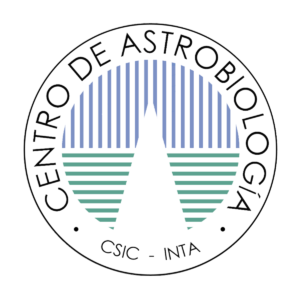Alam, M. K., López Morales, M., Nikolov, N., Sing, D. K., Henry, G. W., Baxter, C., Desert, J. M., Barstow, J. K., Evans, T., Bourrier, V., Lavvas, P., Wakeford, H. R., Williamson, M. H., Sánz Forcada, J., Buchhave, L. A., Cohen, O., Muñoz, A. G. (2020). The Hubble Space Telescope PanCET Program: An Optical to Infrared Transmission Spectrum of HAT-P-32Ab. Astronomical Journal, 160, 1 DOI: 10.3847/1538-3881/ab96cb
We present a 0.3-5 mu m transmission spectrum of the hot Jupiter HAT-P-32Ab observed with the Space Telescope Imaging Spectrograph and Wide Field Camera 3 instruments mounted on the Hubble Space Telescope, combined with Spitzer Infrared Array Camera photometry. The spectrum is composed of 51 spectrophotometric bins with widths ranging between 150 and 400 A, measured to a median precision of 215 ppm. Comparisons of the observed transmission spectrum to a grid of 1D radiative-convective equilibrium models indicate the presence of clouds/hazes, consistent with previous transit observations and secondary eclipse measurements. To provide more robust constraints on the planet’s atmospheric properties, we perform the first full optical to infrared retrieval analysis for this planet. The retrieved spectrum is consistent with a limb temperature of , a thick cloud deck, enhanced Rayleigh scattering, and similar to 10x solar H2O abundance. We find log(Z/Z<sub) =<i, and compare this measurement with the mass-metallicity relation derived for the solar system.






